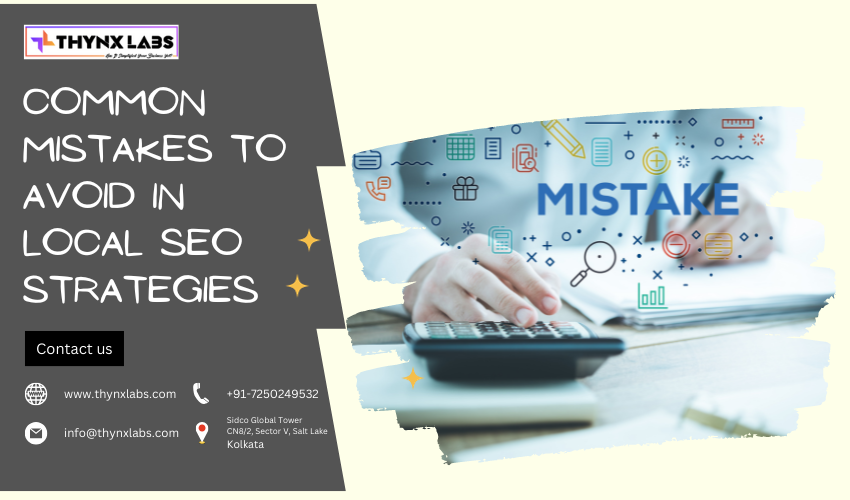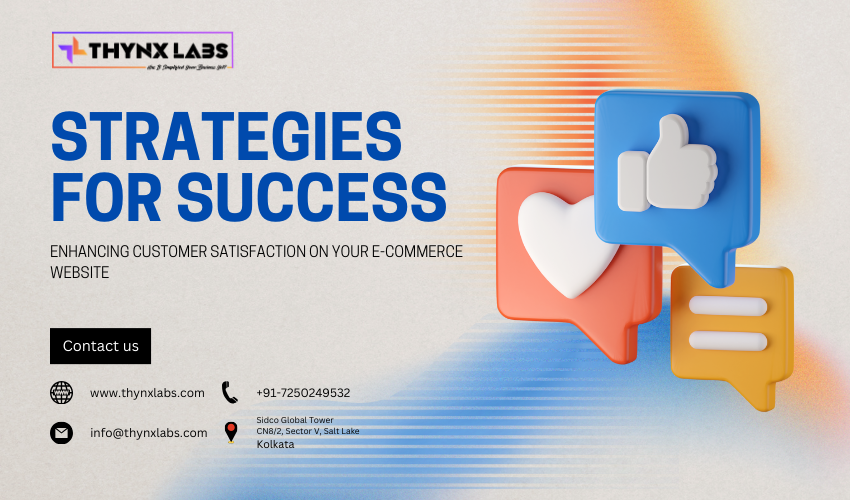E-commerce Marketing Solutions Guide for Retailers
In today's digital landscape, e-commerce has revolutionized the way retailers operate, opening up new opportunities for growth and expansion. However, navigating the complex world of online marketing can be daunting. To help retailers thrive in the competitive e-commerce environment, this guide provides comprehensive marketing solutions tailored to their needs. Whether you're a small boutique or a large retail chain, these strategies will enhance your online presence, attract customers, and boost sales.
1. Responsive Website Design
A visually appealing, user-friendly website is the cornerstone of successful e-commerce. Ensure your website is responsive, meaning it adapts seamlessly to various devices and screen sizes. Mobile optimization is especially crucial, as a significant portion of online shoppers use smartphones and tablets to browse and make purchases.
2. Search Engine Optimization (SEO)
Optimize your website for search engines to improve its visibility in organic search results. Conduct keyword research to identify relevant terms your customers are searching for. Incorporate these keywords naturally into your website content, product descriptions, and meta tags. High-quality, keyword-rich content enhances your chances of ranking higher in search engine results pages.
3. Pay-Per-Click (PPC) Advertising
PPC advertising, such as Google Ads, allows you to display ads to users who are actively searching for products or services similar to yours. Create targeted ad campaigns, set a budget, and pay only when users click on your ads. PPC can drive immediate traffic to your website and increase sales.
4. Social Media Marketing
Leverage social media platforms like Facebook, Instagram, Twitter, and Pinterest to connect with your audience. Create engaging content, including product showcases, behind-the-scenes glimpses, and customer testimonials. Social media marketing builds brand awareness, fosters customer relationships, and encourages user-generated content through hashtags and challenges.
5. Email Marketing
Email marketing remains a powerful tool for nurturing customer relationships and driving sales. Build an email list by offering incentives like discounts or exclusive content. Send personalized, targeted emails to your subscribers, showcasing new products, promotions, and special offers. Email marketing automation can streamline your campaigns, ensuring timely and relevant communications.
6. Content Marketing
Create valuable and informative content related to your products or industry. This can include blog posts, how-to guides, videos, and infographics. Content marketing establishes your brand as an authority in your niche, attracting organic traffic and engaging potential customers. Share your content on social media and through email newsletters to maximize its reach.
7. User Experience (UX) Optimization
Provide a seamless and enjoyable shopping experience for your customers. Optimize your website's navigation, streamline the checkout process, and offer multiple payment options. Fast loading times, high-quality images, and detailed product descriptions contribute to a positive UX. Customer satisfaction leads to repeat business and positive reviews.
Conclusion
E-commerce success is achievable with the right marketing strategies in place. By investing in a responsive website design, implementing SEO techniques, utilizing PPC advertising, embracing social media marketing, leveraging email marketing, creating valuable content, and optimizing user experience, retailers can enhance their online presence and drive sales. Stay adaptable, monitor analytics, and continuously refine your marketing efforts to stay ahead in the dynamic world of e-commerce.
Frequently Asked Questions (FAQs)
Q1: How often should I update my website content?
A: Regular updates, such as adding new products, blog posts, or promotions, keep your website fresh and engaging. Aim for weekly or bi-weekly updates to provide value to your visitors.
Q2: Is social media marketing effective for small retailers?
A: Yes, social media marketing is highly effective for small retailers. It provides a cost-effective way to reach a broader audience, engage with customers, and build brand loyalty.
Q3: Can I track the effectiveness of my email marketing campaigns?
A: Absolutely. Email marketing platforms offer detailed analytics, including open rates, click-through rates, and conversion data. Use these metrics to assess the performance of your email campaigns and make data-driven decisions.
Q4: How important is customer feedback in e-commerce?
A: Customer feedback is invaluable. Positive reviews build trust and credibility, while constructive criticism highlights areas for improvement. Encourage customers to leave reviews and respond promptly to their feedback.
Q5: Is it necessary to invest in professional photography for product images?
A: High-quality product images are essential for e-commerce success. While professional photography is beneficial, you can also achieve good results with high-resolution smartphone cameras and proper lighting techniques.


